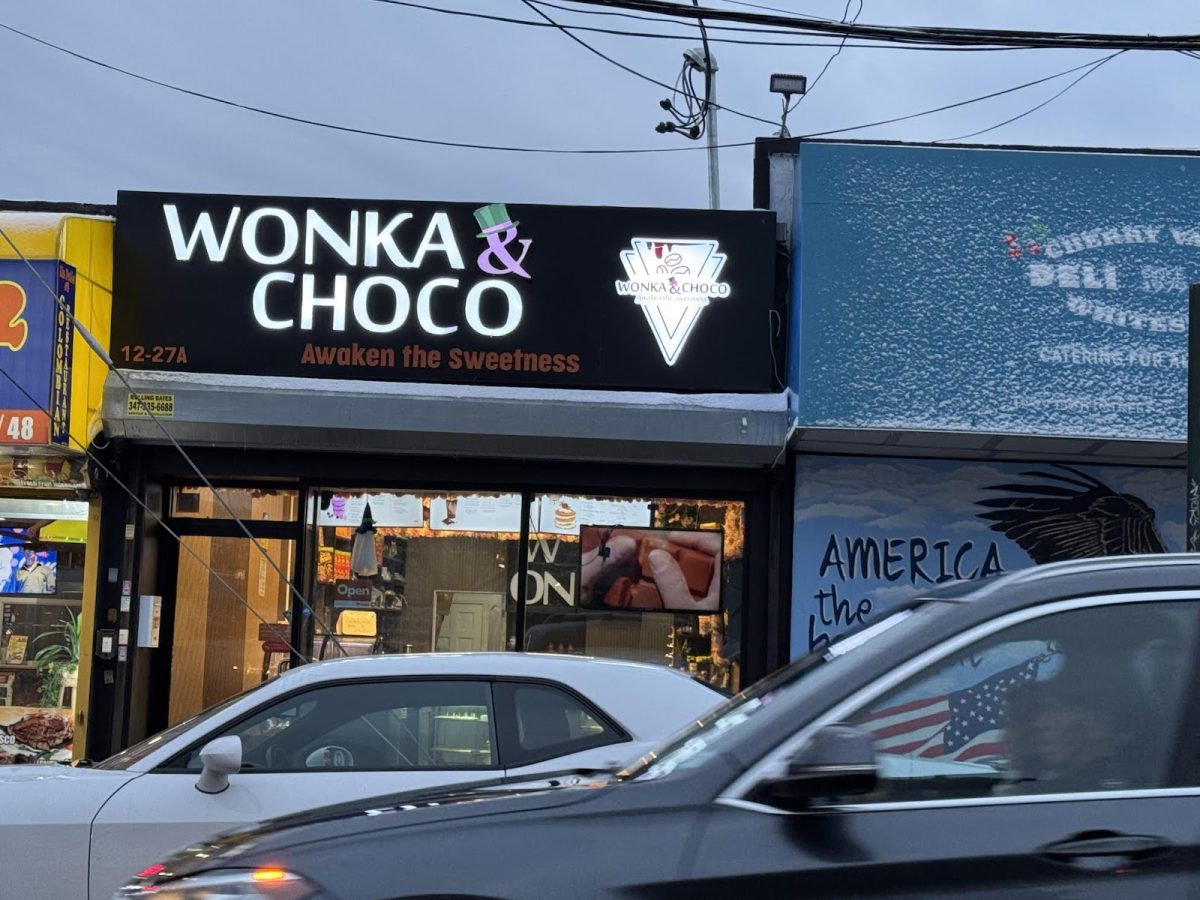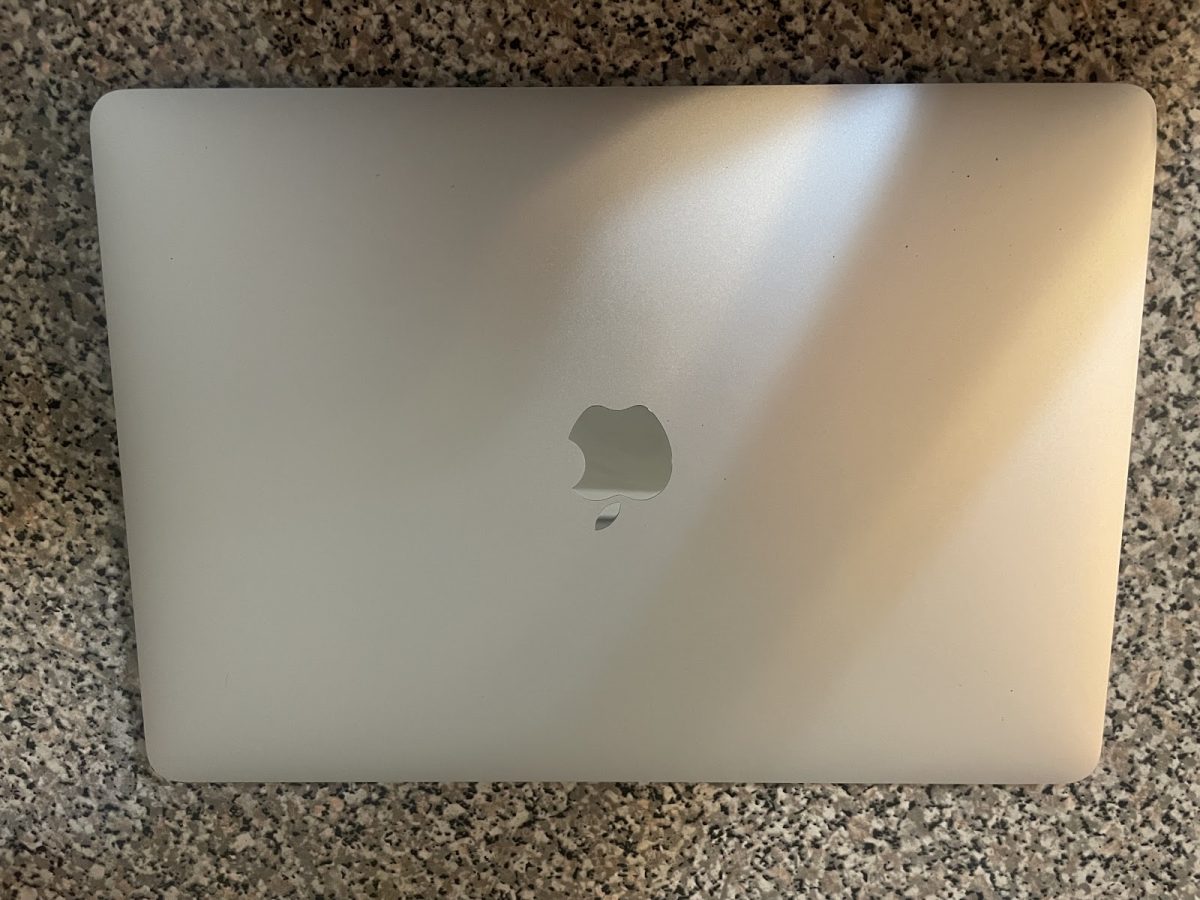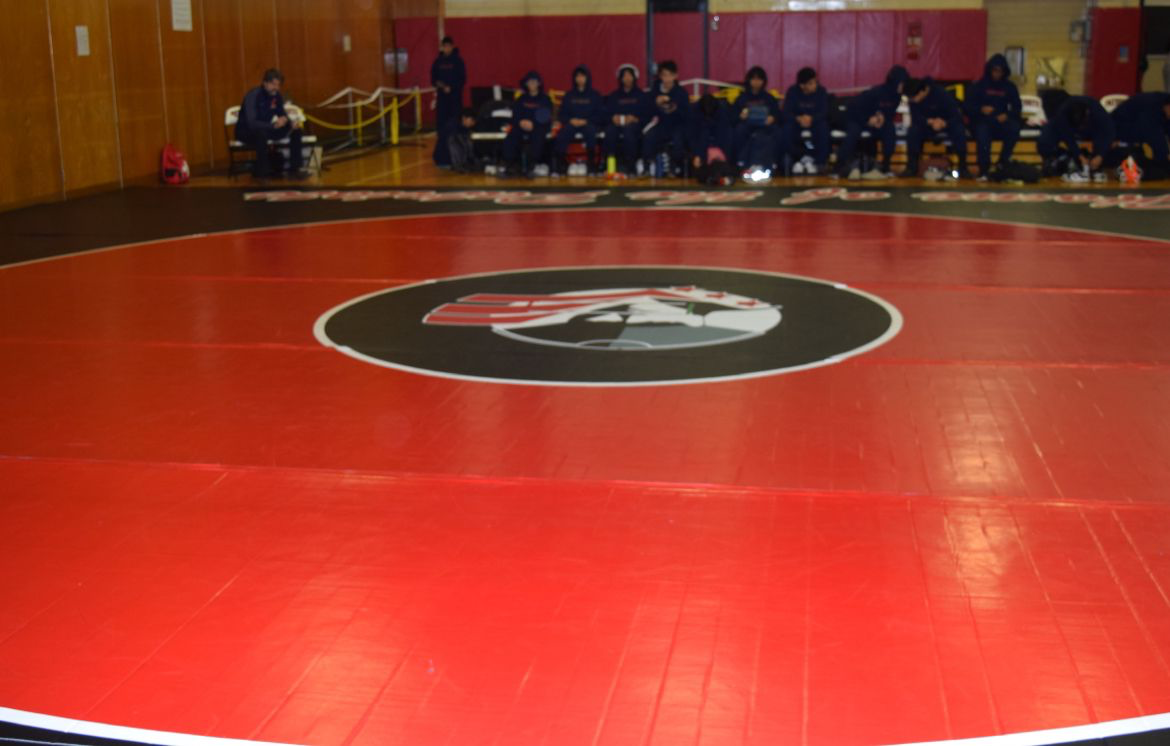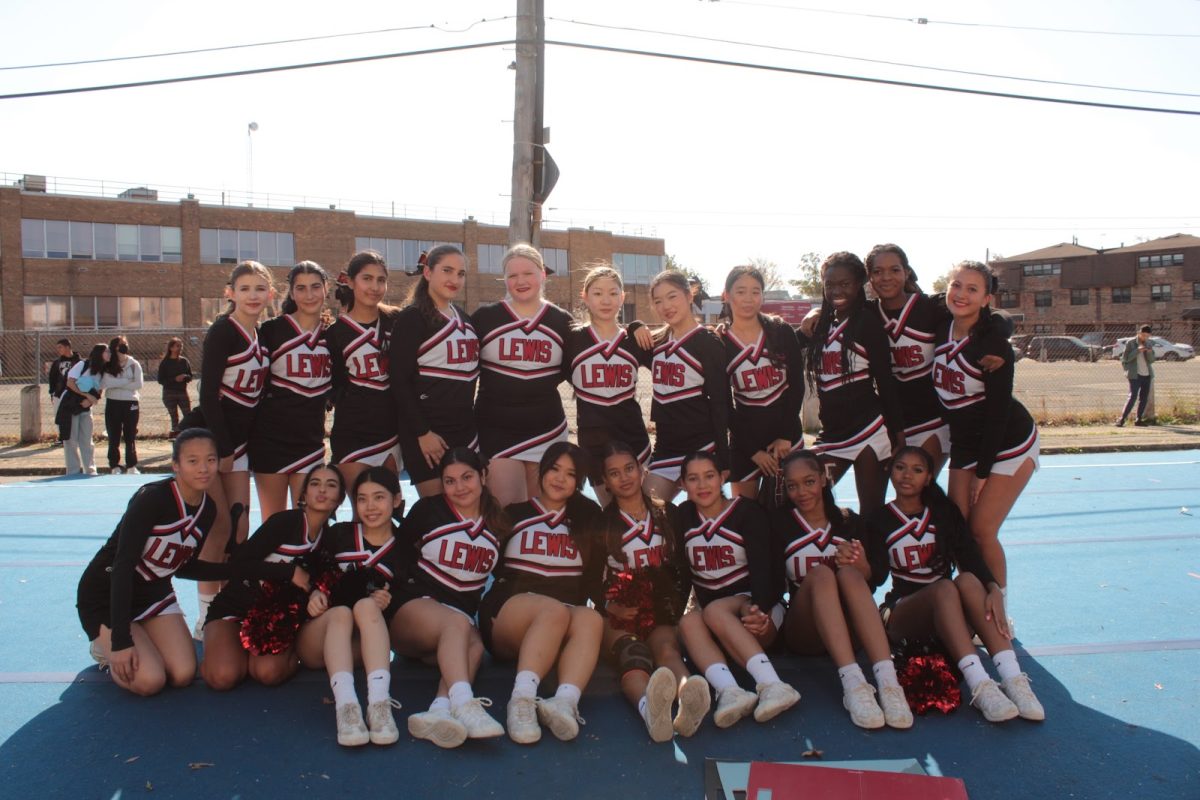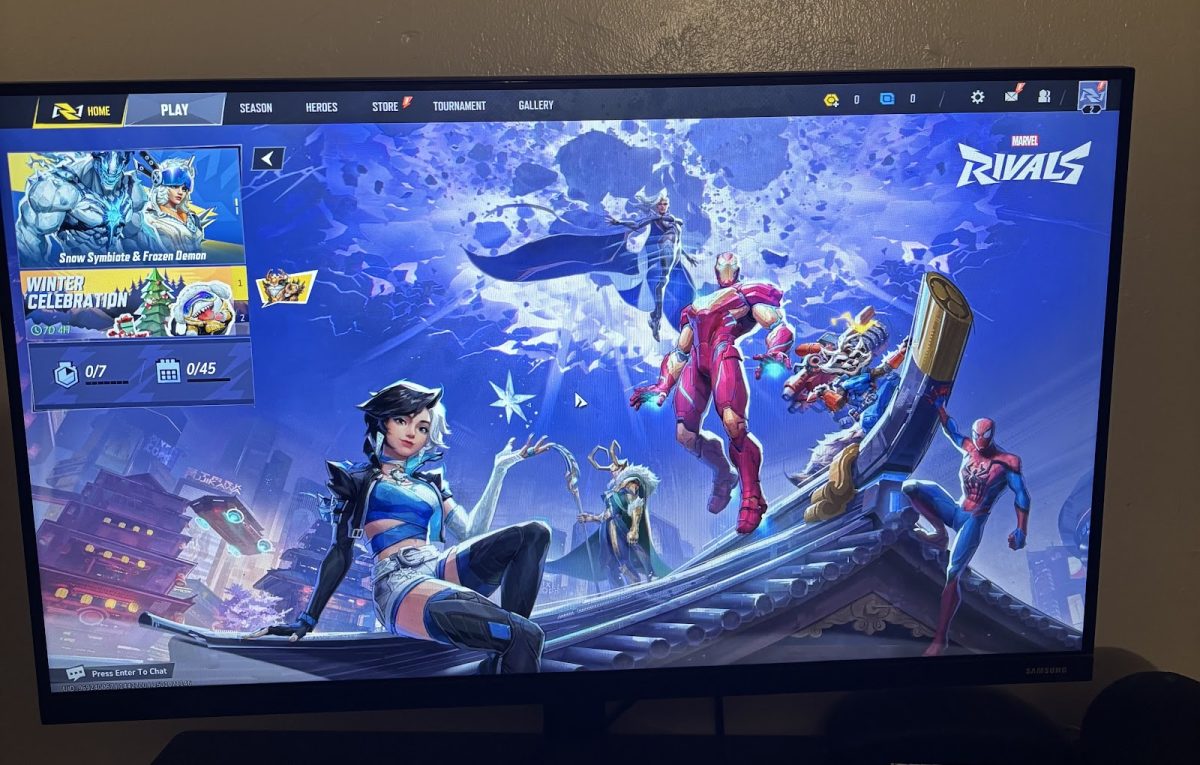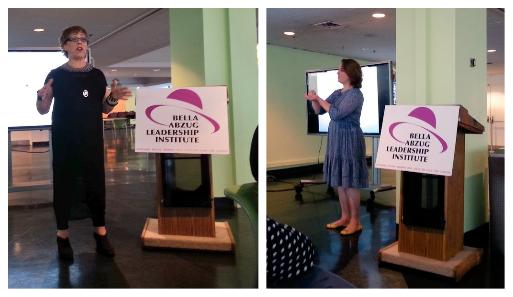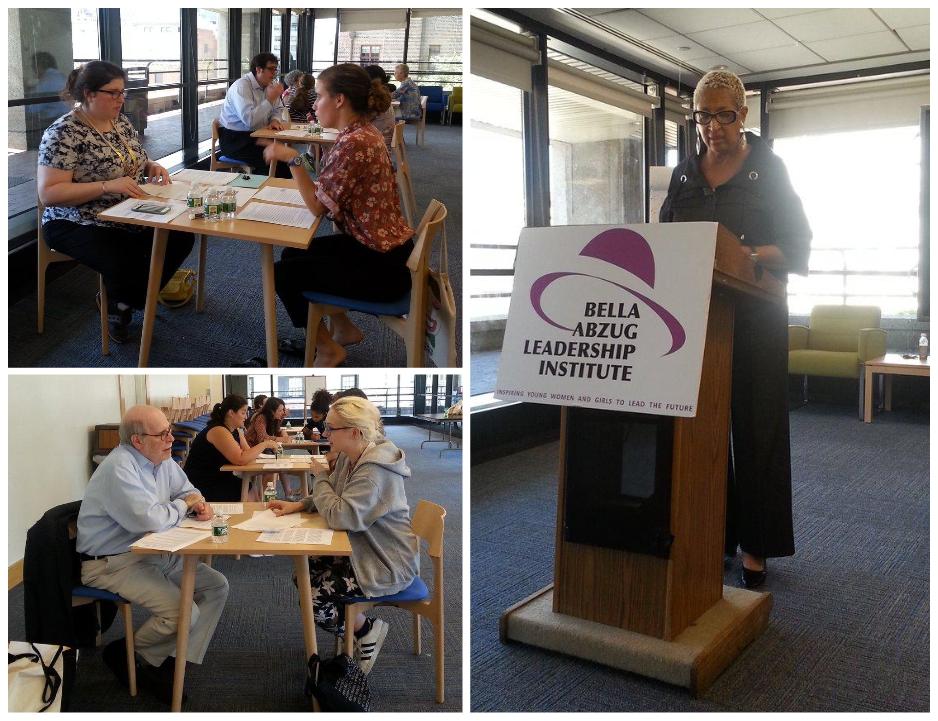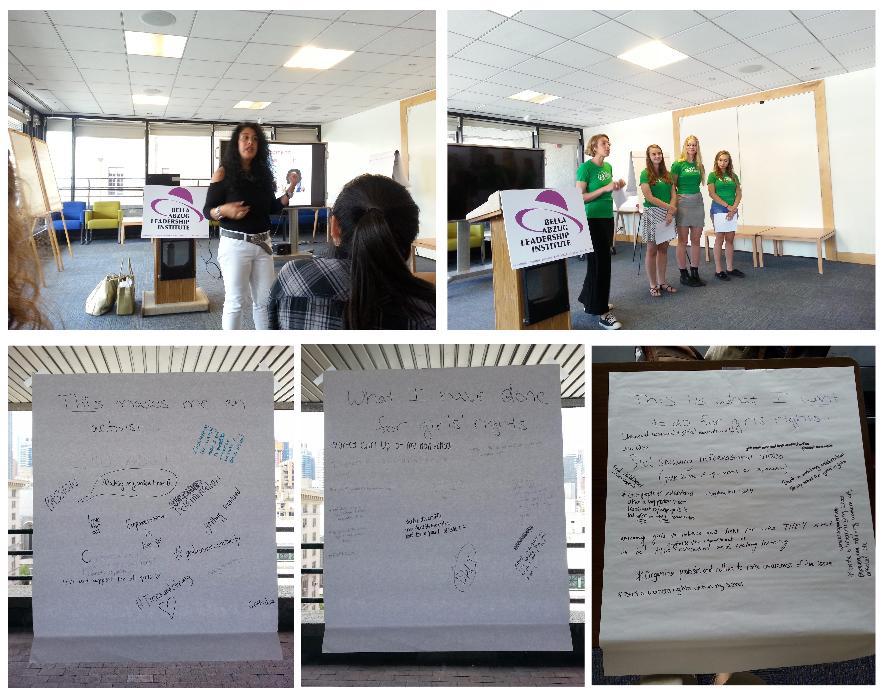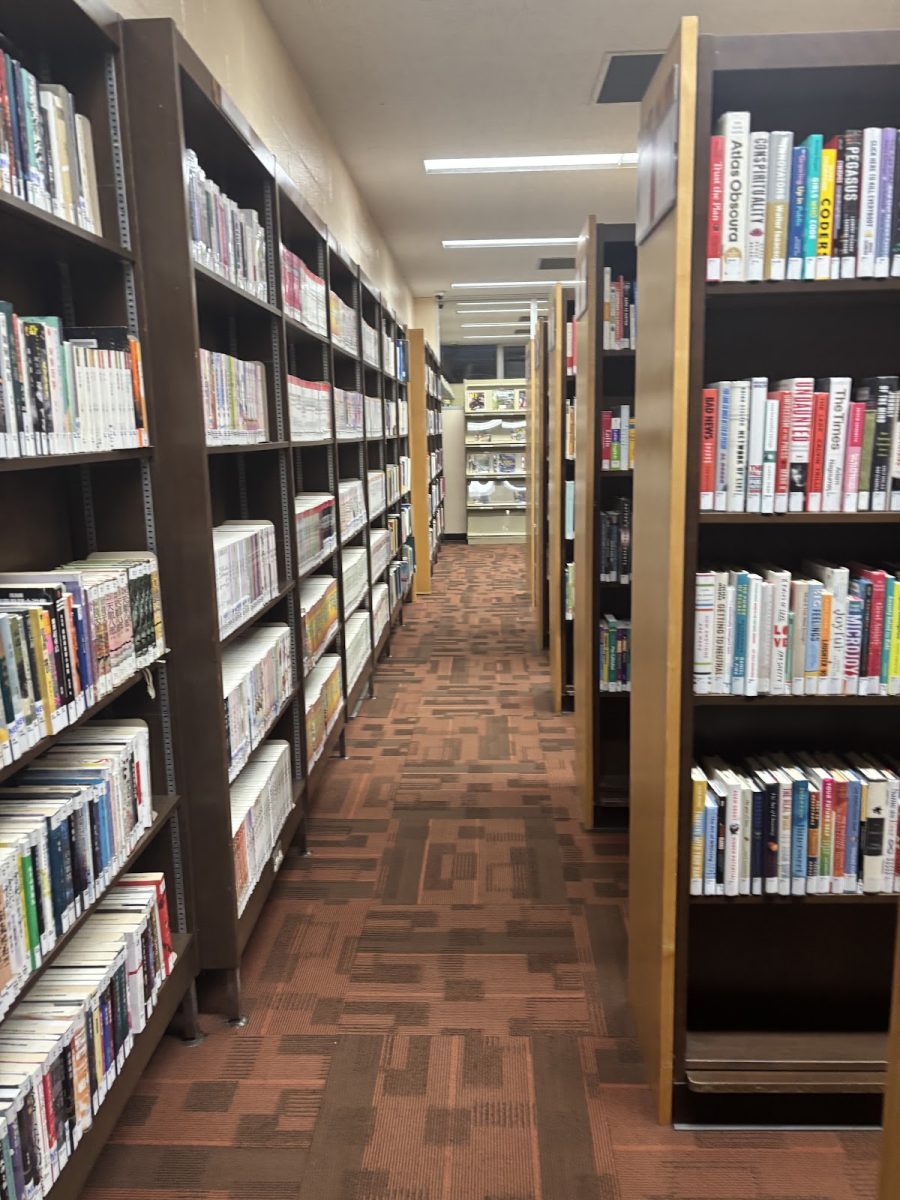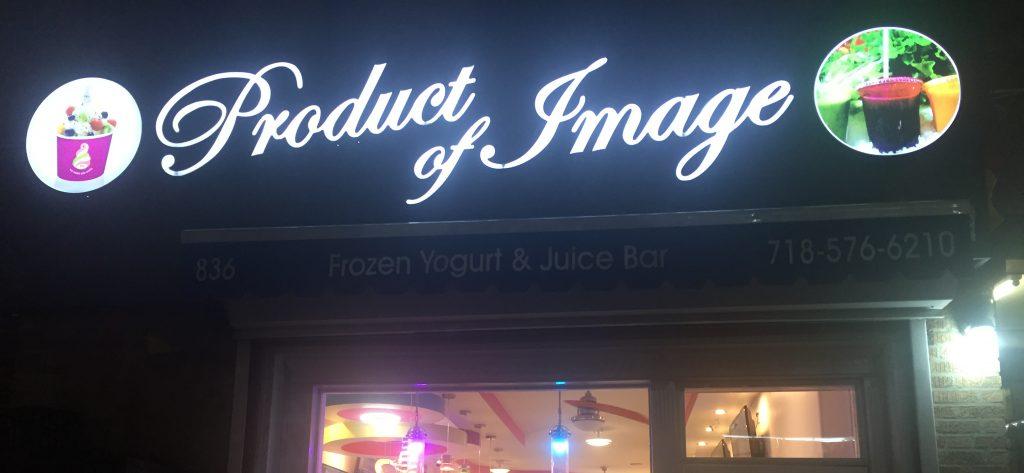by Angela Lee, junior opinion editor
Over the past few years, electronic books have been slowly replacing the print books seen in libraries today.
As device ownership rises, so does the popularity of electronic books. In a 2012 survey following 2,986 respondents, 19% of those respondents aged 16 and over said that they hadn’t read a single book in any format, over the previous 12 months. This would mean that around 50 million Americans do not read books at all, with the general average per year of the ones who do read being 17 books to every one American.
Which option is better?
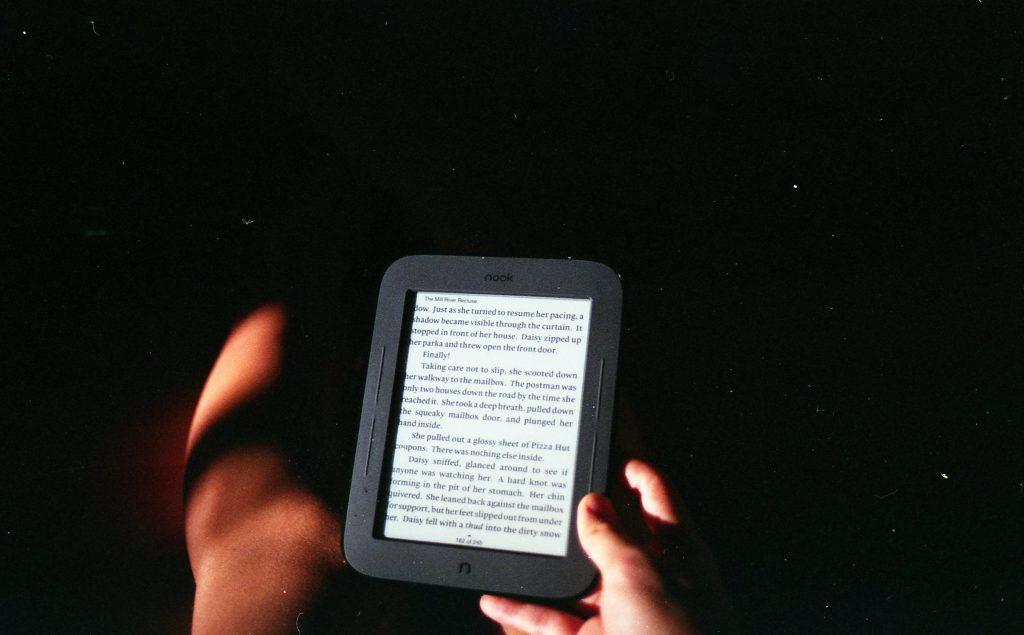
Pros of E-books
In a world that is becoming increasingly technology-driven every day, e-books are a convenient way to keep up with the changing times and reading in a way that is easier for a lot of people across the state.
“I think the big upside of ebooks are portability in situations where multiple books are needed,” English Professor Nicholas Dames said.
Just recently an option for disabled people and those with vision impairment, e-books have the ability to increase the font size of any text, making it easier to see the words and read along with others around them.
With this option now available to people no matter what impairments they may or may not have, information can be sent instantaneously whenever and wherever information is needed, simply by storing it in the memory of any device one may be using.
“Many eBooks or the platforms that they are delivered on have useful and especially easy functionality for cross-research. If you are unfamiliar with words or concepts in a particular eBook you can just select it with your finger or mouse and instantly look it up. If you’re reading non-fiction and want to drill down to what an historical figure you’re reading about was actually like (or if you want to see if what you’re reading is historically accurate) you’re presumably already online or simply need to be at a hotspot and the information is just a click away. Publishers of eBooks and eBook providers have tried to make eBooks capable of doing everything you can do with print books (highlight, make notes, underline, etc.),” Manager of Books and Special Sales for the American Psychological Association Stephen Edwards said.
“Some individuals and institutions are more partial to eBooks and e-Readers like business travelers who are frequently flying or otherwise traveling for work and don’t want to have to lug physical books around. Industry research has shown that the baggage fees airlines now charge for overweight luggage is a factor. Same for vacationers who can load up a vacation’s worth of titles on their tablet rather than in their suitcase.
Distance learning schools like Walden University and Kaplan University no longer find it cost effective to ship physical books to their students when they could just send out an eBook file via download instead. And some libraries have had their physical book budgets reduced in favor of the digital option. If a library has multiple branches or sites, it’s only a click of a button to loan eBooks between branches. There’s also no wear-and-tear on eBooks for libraries, so they never have to be replaced like worn physical books do.”
This means e-books would take up less space and reduce the clutter in book bags or briefcases, making them more easily portable and accessible than print books.
Not only that, but they also reduce the manufacturing of trees used for paper in the making of traditional print books–all it would take to keep an electronic book such as a Kindle running, is a charger and any amount of patience.
“I think the pros of ebooks are, first of all, they’re mobile. I think that’s tremendous, to be able to take books with you wherever you go. I love the fact that I have my Smart Phone with me all the time, 24/7. And I love the fact that I always have a book with me, so if I’m sitting at a doctor’s office waiting or if we’re driving somewhere, I can read. It’s always there, it’s easy, it’s fast, I can highlight, all that’s great. It seems easy to share with ebooks. It makes it easy to share information with my social networks, which creates engagement, and I think that’s another great pro,” publisher Mark Barnes said.
Cons of E-books
“But the downside is that the interaction between reader and object seems to present a diminished recall and diminished emotional impact. We simply do not take in ebooks as intimately or deeply as a printed codex,” English Professor Nicholas Dames said.
E-books may be more convenient, but there is no art to mindlessly tapping a screen in comparison to flipping through the worn pages of an old print book.
“A con, I think, is a simple one… and that’s that you’re not holding a real book in your hands. I think there’s still a lot to be said for that. As an author and now a book publisher, I spend a lot of time with ebooks. But there’s nothing I love more than having a book in my hands and I can feel it, I can thumb through the pages and it has a smell to it, and I… I love that. I love having the book in my hands, so I guess that can be a con to the ebooks, is that you don’t have the actual copy in your hands. It’s nice to have the book to show other people, and I think that encourages reading, too,” publisher Mark Barnes said.
Prolonged periods of screen exposure can be bad for your eyes, tiring them out and straining them.
In addition, e-books are known to use irreplaceable fossil fuels. They run on batteries and chargers, and if these are ever misplaced or damaged, one would need to pay for a new one with the money straight out of their pockets.
Especially at a time when e-books are beginning to grow in popularity, the inability of some people to buy one may hinder their reading or make them stop completely.
“They might disappear one day if the company goes out of business! Publishers often have digital rights management limits on how many pages can be printed or whether or not you can download to devices. Depending on the digital rights restrictions, it might not be possible to lend an eBook to someone who you know would love it like you can do with a physical book. eBooks are also easily pirated by hackers or unscrupulous companies who make them available freely in .pdf format and that costs authors and publishing houses revenue that they should be receiving,” Manager of Books and Special Sales for the American Psychological Association Stephen Edwards said.
Pros of Print Books
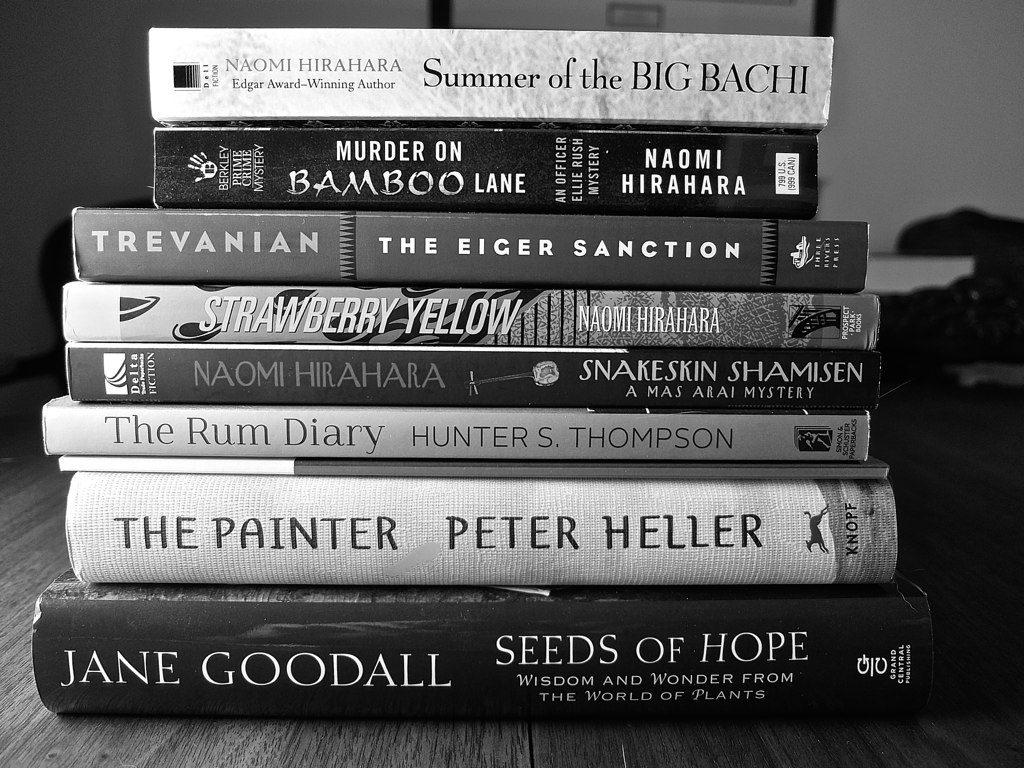
“I’m a big believer in the cognitive benefits of print, particularly in the haptic and tactile feedback it affords. Recent studies have suggested that this is a provable effect. That is, the act of turning actual pages, the tactile effect of feeling the pages dwindle in your right hand as you progress through the book, the ability to annotate creatively and immediately and easily, the multiple ways you can physically interact with the object— these things help you create a mental representation of the text, and therefore promote recollection and emotional engagement. I also think the relative cheapness of books means a more intimate engagement with the object: if the object isn’t as expensive, you might feel freer to manipulate it, even to the point of cutting it into parts (with thick books), writing all over it, etc. These are ways that seem to allow for more detailed, and emotionally rich, recall.” English professor Nicholas Dames said.
Print books have been around for a long time, and have a feel and smell that electronic books just can’t imitate.
Hands-on reading, feeling the scratchiness of the paper between one’s fingertips, can be comforting and reassuring to some.
“A lot of people still want to hold the book in their hands. A library, then, becomes a great place for learning, gathering, interacting, intelligent conversation, and while people go to the library for a lot of things, most go there for books. So I think the real pros is that people want to hold the books, they want to show the books, and start a conversation that might lead to one downloading the book,” publisher Mark Barnes said.
Also, unlike e-books, print books don’t take hours to charge. Picking up a book from the library or buying one from a book store is more convenient than sitting around for hours, waiting for a Kindle to recharge so that one can read another page to a chapter of a book or begin reading a different book entirely.
Some may like feeling the weight of a book in their hands and hearing the pages turn. E-books can’t compare, in their minds, to the small satisfactions one may get from reading a print book rather than a heavy, bulky electronic book that does not have the same appeal.
Overall, if a Kindle gets wet or dropped, it may break, whereas a print book would just require a short amount of time sitting out in the Sun to dry or picking it up again to keep reading.
“It’s your book and it’s a real object as soon as you buy it. You can do whatever you want with it! You can use it to hold your door open (I suggest Infinite Jest for that). You can use it as a booster seat for your younger sibling! You can freely loan it or gift it to whomever you want. You can hold it and turn pages. For many people in the industry that I’ve spoken with they always mention the tactile pleasure of holding a real book and turning pages as essential to the book reading experience as opposed to a glowing screen and swiping to the next page.” Manager of Books and Special Sales for the American Psychological Association Stephen Edwards said. “Print books are still more popular with readers. According to a Sept. 22, 2015 article in the New York Times called The Plot Twist: E-Book Sales Slip, and Print is Far From Dead, a huge publisher like Penguin Random House says that 70% of their book sales are print. Various reports keep saying that eBooks will eventually equal or surpass print but it hasn’t happened as quickly as people thought. There’s just something about the feel of a physical book that many readers (young and old) equate as part of the reading process.”
Cons of Print Books
“That said, the downside is, in certain situations, portability— certainly it’s easier to carry a Kindle with 50 books on it than the 50 print books,” English Professor Nicholas Dames said.
Print books in a large quantity are harder to carry around. Covers can be torn, pages can be lost, text could be faded or missing completely–all problems that wouldn’t occur with a simple Kindle.
“You can’t read in the dark. Print books take up physical space which you (or a bookstore) may not have. And you don’t have that immediate ability to just select and look up anything instantaneously. What I suggest for that, however, is reading a physical book with your phone or laptop nearby,” Manager of Books and Special Sales for the American Psychological Association Stephen Edwards said.
Traditional print books typically only have one font size available to the readers, thus preventing people with disabilities or vision impairment from reading a great novel. The lack of font size options can also stop a disabled person from getting important information, such as that in a history book or an autobiography they need to read for class.
Print books don’t give a lot of consideration to people who may be ‘different’ or ‘special’. The options they have are limited, and thus, the audience they will reach will be limited as well until a change is made and a wider reach can be formed.
“The cons of a print book are probably the pros of an ebook. As much as it’s great to carry around, it can be cumbersome. I have 20 to 50 books on my Smart Phone, in my Kindle app, at all times. I can’t carry that around in print form, because obviously, it’s too cumbersome to do. Also another con is that it’s more difficult to get the print book. It’s a time factor. This is the information age, and if I’m using books for information, with one click I can download it onto my Kindle. It takes days for a print book to arrive, and I think these are the cons of a paperback,” publisher Mark Barnes said.
Preference
“The last question was about my preference, and that’s difficult because, as I said in my other responses, I really love e-books because of the convenience, but I really enjoy holding a book in my hands, so it’s difficult for me to say I prefer one, because I think that preference comes with expedience. What is convenient at the time? So if I’m on the go and I find that I have down time, and I want to read a book, I like the fact that I can grab my device and open my Kindle app and the book is there. If I’m at home or at a library, you know, I don’t want to read on my device. I want to have that book in my hand. If you just said that it’s the best of all worlds and you can have anything you want on what is it, I think I would choose to have a hard copy or paperback book because I really do like having the book in my hands,” publisher Mark Barnes said.
“As for which I prefer, it depends on the situation. For most of the courses I teach, I insist that students read the primary material in paper form. But I also want students to read a large amount of secondary material— scholarly books/articles, etc— and those I provide online in something like pdf format, in the interests of portability. That is, for things I want students just to consult informationally, I do use digital formats; but for literary reading— reading that demands active engagement, both emotional and analytical; or put another way, reading that demands deep attentiveness— there is no substitute for print,” English Professor Nicholas Dames said. “I still find that students who read printed books, and who are willing to manipulate those objects creatively and consistently— writing in them, thoroughly and systematically— absorb the text best. It’s hard for me to imagine that this will change any time soon.”
“Some people prefer physical books – obviously chains like Barnes & Noble and Books-A-Million still exist, as do quirky (and usually awesome) independent book shops. There is no real evidence I’m aware of that young people on a widespread scale prefer digital over print. That’s not to say that more young people aren’t using eBooks more, but that might be more of an institutional decision rather than the student’s preference,” Manager of Books and Special Sales for the American Psychological Association Stephen Edwards said. “I love physical books. I love the feel. I (maybe oddly) love the smell of a newly printed book. And I know I’ll always have the book I bought unless I decide to donate it to a library or pass on to a friend or relative. Some companies, if they go out of business, may no longer support their platform and the books you’ve purchased could possibly vanish. That would be awfully depressing if one day most of your library just disappeared and you had to repurchase those books again elsewhere.”
“I prefer print books because with print books, you can have the actual copy and annotate in it. You can write in it and have it in your hands when you need it, while with e-books you can’t,” junior Maria Koutmanis said.
“I see the appeal of e-books, but I don’t have an e-reader. I prefer print to reading on my phone, for sure. The meta-answer, though, is audiobooks,” math teacher Mr Gardner said.



